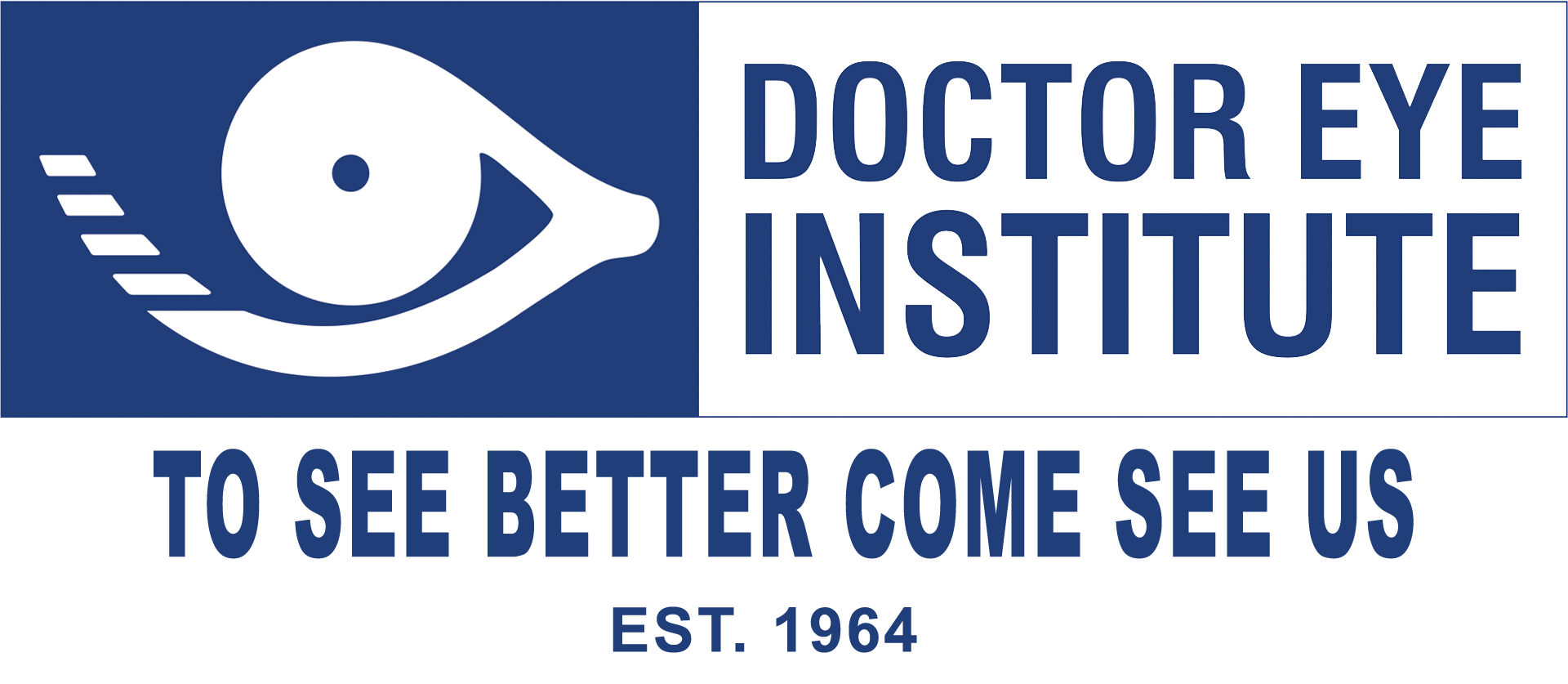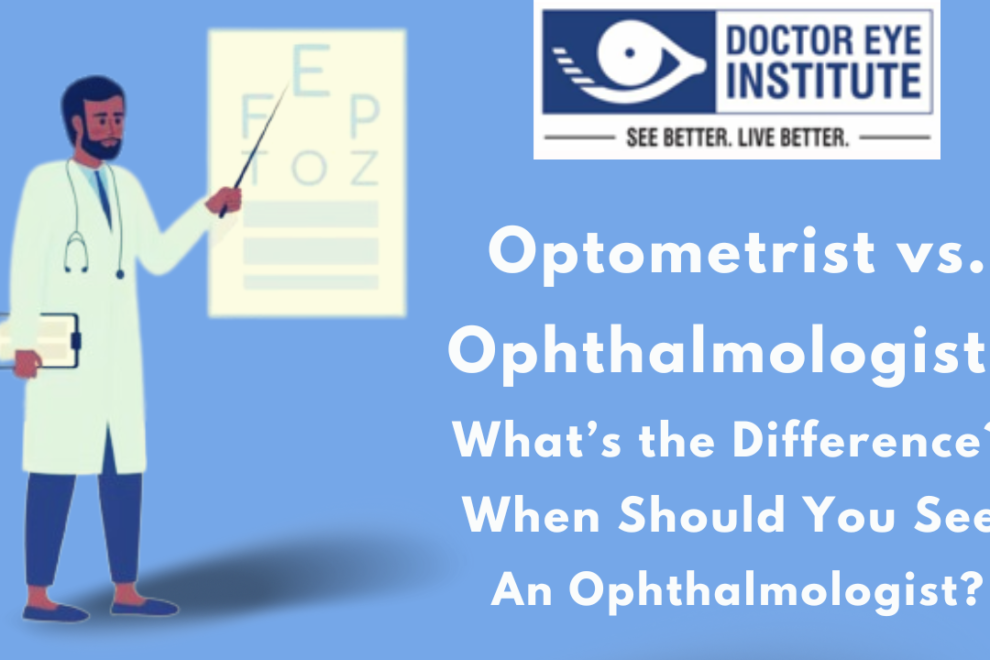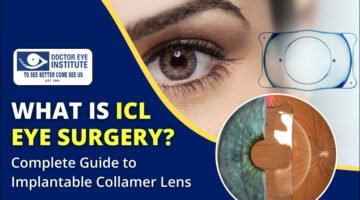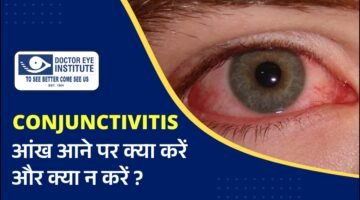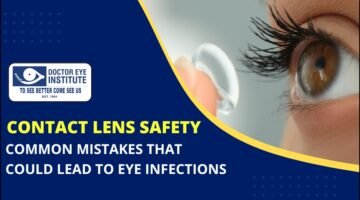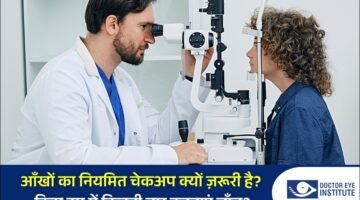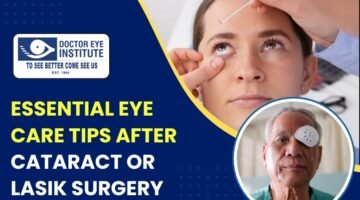Optometrist vs. Ophthalmologist: What’s the Difference?
It is finally the time when you decide to get your eyes tested, or go for an eye checkup and start researching and looking for eye doctors. The confusion arises when you see technical terms and are left confused about whether to visit an optometrist or an ophthalmologist. This blog right here will clear your confusions.
Optometrists
Optometrists are qualified to check your eye power precisely and determine the perfect prescription to be finally verified by an ophthalmologist. Optometrists are recognised as crucial members of the ophthalmic community. They are the first to establish contact with a patient and extract useful history that may aid the diagnosis of the disease.
The care provided by optometrists include:
- Performing thorough vision check
- Identifying eye power fluctuations
- Prescribing contact lenses and other corrective lenses
- Teaching contact lens wearers the right technique and hygienic handling
Ophthalmologists
An ophthalmologist is a qualified super specialist who focuses on ocular diseases. Compared to optometrists and opticians, ophthalmologists must complete many more years of medical training involving performing eye surgeries involving each part of the eye. Ophthalmologists are able to identify and manage a variety of diseases. There are specific specialists for each part of the eye. For example-
- Cataract and refractive surgeons – they perform laser cataract surgery and also LASIK and SMILE to remove your distance number.
- Retina specialist– they can operate on and laser your damaged retina which is the back most layer of the eye.
- Eyelid and surrounding eye structure specialist or Oculoplastic surgeons- they can beautify droopy ageing eyes and also treat blocked tear ducts.
- Glaucoma specialist– regulate your eye pressure and can perform specific surgeries to control your eye pressure.
Ophthalmologists perform all tests necessary to ensure that your eyes are healthy and you maintain perfect vision. These exams must be carried out on a 6 monthly basis to help them diagnose and pick up any disease right at the beginning to avoid any further complications.
When to see an ophthalmologist?
- Vision loss or deterioration in one or both eyes
- Vision changes such as abrupt spots, flashes, lightning streaks, jagged lines of light, wavy or watery vision, distorted faces, distortions, or wavy lines, haloes surrounding lights, or double vision
- Alterations in the field of vision, such as black patches, shadows, or blurriness in the centre or periphery (side) vision
- Crossed eyes, eyes that turn in, out, up, or down, pain, and symptoms of infection are physical alterations to the eye (redness, swelling, discharge, etc.)
- Alterations to colour vision
To know more, book your appointment with Doctor Eye Institute now.

